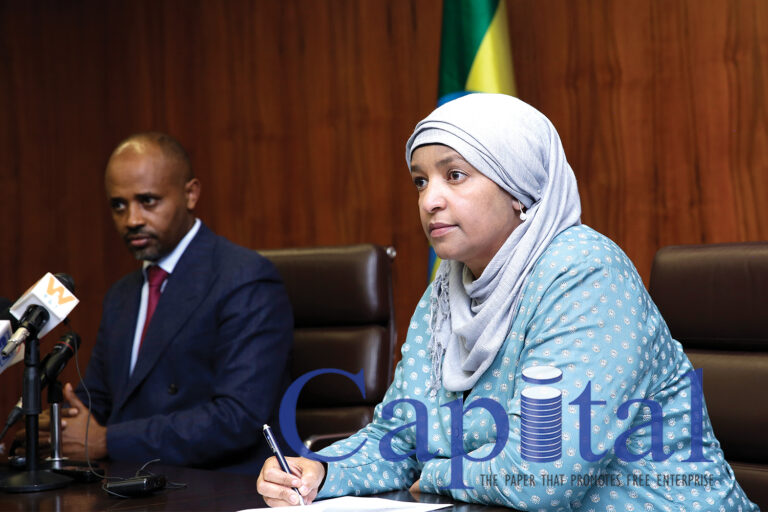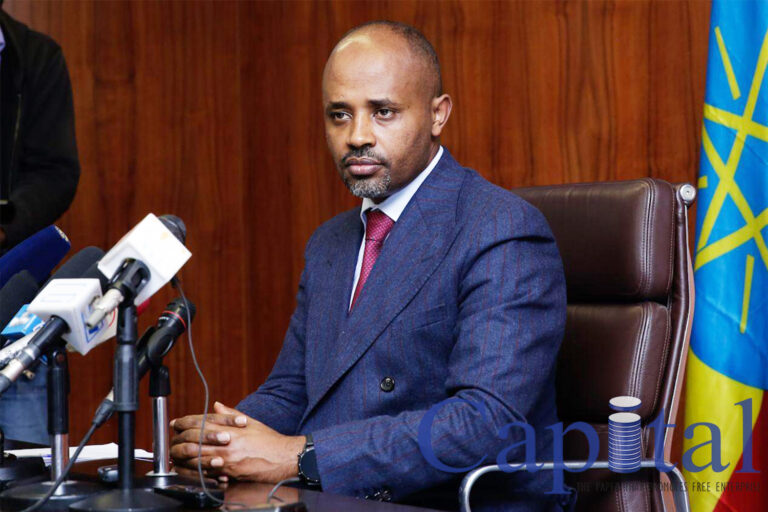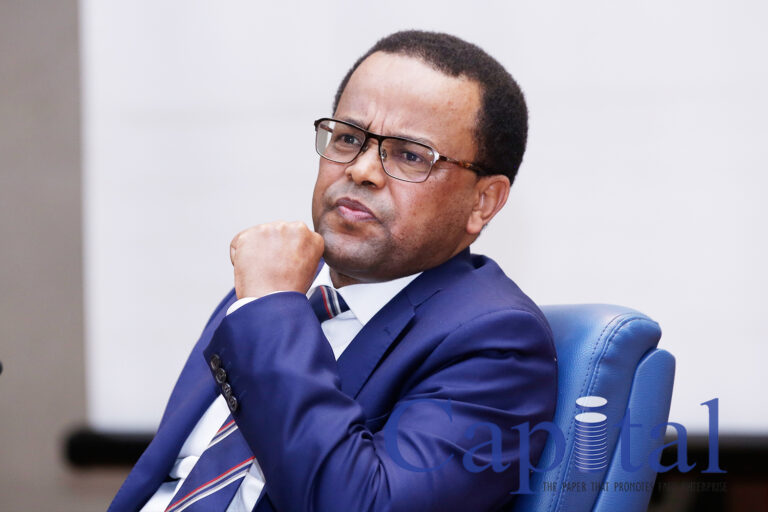There comes a time when shooting around in circles just hits walls, bullets splinter off sidewalks, and shatter a window here and there. But people are in safety. They watch from a distance and with self-assurance.
Venezuela has received five tankers from Iran loaded with hydrocarbons – petrol gas, additives – shipped through a totally United States-militarized Caribbean Sea, amidst warnings of attacks and retaliations – and as usual, sanctions ’no end’. How much more sanctions can a country get?
Peter Koenig, an economist and geopolitical analyst argued that there is an immune system, called sovereignty and fearlessness – confidence and dignity. Knowing your rights. That’s what makes the whole difference. Granted, the tankers were escorted by the Venezuelan Navy and Air Force; especially through Venezuelan waters. And they made it undisturbed to the port of El Palito, a small Venezuelan port run by Venezuela’s state oil company PDVSA. The American shooting didn’t take place and the event was not televised.
According to Peter Koenig, another aggression against Venezuelan sovereignty is the Bank of England’s withholding totally illegally some US$ 1.2 billion worth of Venezuelan gold, deposited voluntarily by Venezuela in times of trust, as part of Venezuela’s reserve funds. With oil prices collapsed, Venezuela decided to use part of her gold reserves to purchase medication and food to counter the disastrous corona effects.
Peter Koenig noted that Venezuela has a sovereign right to claim these funds without any explanation or justification. The Bank of England refused, claiming the Government of Nicolas Maduro was not the legitimate government recognized by the UK. Can you imagine if any government decides to confiscate funds from another government, because they don’t like its leadership?
In this case, Venezuela explained that the money is needed to buy food and medication to counter the nefarious effects of COVID-19. The UN, intervening on behalf of Venezuela, has requested the Bank of England to return the money. That gesture or action by the UN is in itself is an act of ‘independence’ by the UN against the United States, for whom the UN otherwise does the bidding. But to no avail. The Bank of England didn’t release the Venezuelan-owned gold. As a compromise, Venezuela suggested that the funds be handed over to UNDP (United Nations Development Program) which would buy vital food and medication for Venezuela.
Peter Koenig further stressed that already at the end of 2018, Venezuelan Finance Minister Simon Zerpa and Venezuelan Central Bank President Calixto Ortega, travelled to London to demand that Venezuela be allowed to take the gold back to Venezuela. In January 2019, the Bank of England refused the request. All it said publicly was that it did not comment on customer relationships. However, the real reason was clear.
Richard Gotte, author of a book entitled “Hugo Chavez and the Bolivarian Revolution” stated that the United States-trained and self-proclaimed, United States supported Juan Guaido, an Assembly member, who was never elected – who never faced a presidential election – asked UK that the gold was not returned to the legitimate Maduro Government which United States, the UK and other EU members, out of the blue and without any legal reasons declared illegitimate. What a world! Imagine that some 40 or 50 countries in the world would decide that Donald Trump and Angela Merkel were illegitimately in their high offices. Well, you laugh. It would never happen.
According to Richard Gotte, under pressure from United States, and her own neofascist government, the UK and her central bank didn’t budge. The case was brought on May 14, 2020, to a Court in London. A Venezuela-favorable judgement is however unlikely. The case will then go to the International Court of Justice in The Hague. Will the ICJ have enough backbone to decide against the United States? That remains to be seen. It would be another sign that President Trump’s last trumps are gone.
On yet another account, the Trump Administration has seized all Venezuelan assets in the United States, including in 2018, the refinery and gas station network (CUTCO), in a further attempt to hurt their self-made archenemy, socialist Venezuela. CITCO’s assets in the United States, are estimated at about 8 billion dollars, plus about 30 billion dollars of annual revenues. CITCO covers about 10% of the United States domestic gasoline market. Overall Venezuelan assets confiscated, or more accurately described as stolen, in the United States and overseas are estimated at about 50 to 70 billion dollars.
Raul Gallegos, in his book entitled “Crude Nation” argued that Venezuela’s strength of resistance and self-determination is extraordinary. It is the recipe for success and for overcoming western detraction and influence. This autonomy and Iran’s undisturbed solidarity and sovereign action to help Venezuela with oil tankers despite the United States threats, are signals to the world that the United States’ empire is crumbling.
Or, as Andre Vltchek pointedly says in his article about the brutal police murder of Mr. George Floyd, “The World Cannot Breathe!” Squashed by the U.S. – A Country Built on Genocide and Slavery: Now more and more people can finally see what few of us have been repeating for years: The entire world has its neck squashed by the U.S. boot. The entire world “cannot breathe”! And the entire world has to fight for its right to be able to breathe!”
Raul Gallegos stressed that the worldwide corona-lockdown and the social and economic calamity of uncountable unemployment, famine and misery, unheard of in human history, is unwittingly inciting billions of victims worldwide into an important awakening, of which the masters behind this nonsensical lockdown, behind the power and control thirst – the Gates, Rockefellers, Rothschilds, Et Al, are possibly not aware of.
Raul Gallegos further noted that these unrests will likely gain their own dynamic, as the wave spreads to Europe and possibly also to the Global South. While the generous financiers of “Antifa and Black Lives Matter”, supported by the Ford Foundation and Soros, and other protest organizations may have as a clear objective, namely the outright “Militarization of the West”, the dynamics of an awakened people may potentially derail this diabolical project and ring in a new set of societal values.
Rory Carroll, author of a book entitled “Comandante” stated that, the resisting forces and perseverance of the people of Venezuela, Cuba, Iran, let alone, Russia and China, have magical power. Never mind the physical losses of stolen assets, of economic sanctions, of attempted humiliation by the neoliberal western alliance breaching contracts and agreements at will, i.e. the Iran Nuclear Deal, several disarmament agreements with Russia, and more, the new wave of spiritual and universal consciousness gains, far outpace these losses.
The forces of Light may overcome the Darkness which has engulfed humanity over the last 5,000 years, laying the foundation for a new society with values of equality and peace for a common future for mankind.
Venezuela’s confiscated billions
Financial reporting proclamation under revision
The financial reporting proclamation is under revision aiming to divide the regulatory and capacity building duties of the Accounting and Auditing Board of Ethiopia (AABE). AABE also introduced a new scheme to achieve the International Financial Reporting Standards (IFRS) implementation, which was expected to be attained in the last budget year.
Hikmet Abdella, Chair of AABE, told Capital that the proclamation is under revision to form separate entity for the formation of an institute that would be engaged in capacity building and technology development.
She remembered that when the 2014 Financial Reporting Proclamation no. 847/2014 was drafted it divided the regulatory (AABE) but it was annulled on the ratification and included the formation of the institute under the regulatory body.

“The responsibility is very wide and the board of AABE has accepted the separation of the institute,” Eyob Tekalign, State Minister and Board of AABE, said.
Capacity building of accountants and developing accounting software would be the responsibility of the institute, according to the State Minister.
He said that the board has identified one of the gaps for achieving the IFRS implementation is giving more responsibility for AABE. “It will focus on the regulatory and implementation of the IFRS under the new change,” he added.
One of the major challenges for the implementation of IFRS is lack of sufficient professionals particularly chartered accountants that are very limited even compared with peer countries in the region, according to the sector experts.
The institute would have a mission to fill this gap and even expand the chartered accountants. According to Hikmet, in Ethiopia there are about 500 accountants and may be half of them are on other duties or out of the country, “when we see the number of certified chartered accountants in Kenya or Tanzania they are in thousands, which is a big difference even compared with the number of population of Ethiopia.”
In the new change of the implementation of IFRS, AABE will follow another approach and divide companies and entities based on their responsibilities and capacities.
According to Hikmet, the existing proclamation sets out financial reporting frameworks applicable to different reporting entities and mandated AABE with the responsibility of regulating the accountancy profession.
In line with the proclamation, reporting entities were categorized in into such as reporting entities that use full IFRSs by public interest; IFRS for small and medium enterprises (SMEs) and International Public Sector Accounting Standards (IPSAS) by charities and societies that should be implemented in five years.
Now the Board has approved new time revisions for the implementation with two timeframe. Based on the new scheme public interest enterprises (PIEs) will apply fully by 2023 and others by 2024.
Cash deposits reach one trillion birr
The deposit mobilization of the country almost reaches the trillion birr mark; thanks to the contribution of cash withdrawal limit directive of the National Bank of Ethiopia (NBE) that shows promising results.
In its third quarter report of the 2019/20 fiscal year, NBE indicated that the total deposit mobilization reached at 989.2 billion birr with over 18 percent increment compared with a year ago similar period.
“Total deposit liabilities of the banking system reached 989.2 billion birr by the end of third quarter of 2019/20, indicating a 18.1 percent annual growth due to branch expansion, improved access to finance, growing saving culture of the public and increasing per capita income,” the report explained.
Eyob Tekalign, State Minister of Finance and Board Member of NBE, told Capital that in nominal terms it is significant. “It shows the way of expanding the GDP, but it does not mean our saving potential is at the maximum limit,” he says adding “our saving capacity is not yet tapped.”
“Cash withdrawal limit directive issued in May shows us the number of unbanked society is very big so the current saving will grow more,” Eyob added.
He added that the NBE directive is a good policy decision to achieve such kind of success besides expanding the digital economy.
Since the country introduced the cash withdrawal limit the number of bank users including public offices increased, according to the State Minister.
The NBE’s cash withdrawal limit directive states that the withdrawal amount for individuals is 200,000 birr per day and one million birr per month. The amount for companies is 300,000 birr per day and 2.5 million birr per month.
In the second quarter of the fiscal year that is from October to December 2019 the total deposit mobilization was 959 billion birr, while the third quarter increased by 3.2 percent compared with the second quarter.
From the total 989.2 billion birr deposit mobilization evaluated from January to March 2020 the saving deposit took the top position and followed by demand deposit.
The demand deposits, which accounted for 35.4 percent of the total deposits, reached 350.2 billion birr showing 24 percent annual increase.
Saving deposits also went up by 19 percent to 550.6 billion birr and accounted for 55.7 percent of the total deposits.
The share of state owned banks in total deposits outstanding was 59 percent while that of private banks was 41 percent.
Currently 18 banks operate in the country including two state owned banks. These banks opened 226 new branches during the review period, raising the total number of bank branches to 6,362 of which 70 percent were that of private banks, according to NBE report.
One branch on average serves 15,848.6 people. About 34.1 percent of the total bank branches are located in Addis Ababa.
CAMEL to be used to rate MFIs transition to banks
CAMEL rating will determine the transition of microfinance institutions (MFIs) to banks under the new directive of the National Bank of Ethiopia (NBE). State owned enterprises will also hold shares besides 70 percent maximum amount allowed to own by regional governments or city administrations.
Early this week NBE announced that MFIs owned by regional or city administrations will be relicensed as banks.
Yinager Dessie, Governor of NBE, said that the decision to relicensed microfinance institutions as a bank answered the demand that have been raised by the financial institutions for a long time.
According to the directive signed by the Governor, CAMEL is an international rating system used by regulatory banking authorities to rate financial institutions, according to the six factors represented by its acronym. The CAMEL acronym stands for “Capital adequacy, Asset quality, Management, Earnings, and Liquidity.”
The CAMEL rating ranges from 5 to 1 as the 5th rate considered as the best rating and one is the worst.
Article 4 sub article 4.4 of ‘requirements for relicensing a microfinance institution’ states that safety and soundness of a microfinance institution to be relicensed as a bank shall be evidenced by a composite CAMEL rating of at least ‘3’ in the on-site examination report produced within a year preceding the date of application of a microfinance institution to be relicensed as a bank.
The same directive sub article 4.3 states that a regional government shall not hold more than 70 percent shares when the microfinance institution is relicensed as a bank.
During his briefing Yinager also said that NBE decided the share limit for regional governments to give a chance to include the society to be part of the MFIs and included the public from all corner.
However the directive has given a chance for public enterprises to access shares at the transition process as a bank.
Yinager also underlined that meanwhile they are upgraded to bank they are supposed to continue to provide microfinance services.
Article 4 sub article 4.5 said that a microfinance institution to be relicensed as a bank shall state in its mission statement, internal bylaws and business model about the provision of microfinance services as one of its core services and put in place the required resources and system towards that effect.
Sub article 4.6 added that a microfinance institution to be relicensed as a bank shall organize and structure a function that will handle the microfinance as one of its major lines of business.
MFIs mainly regional and city administrations owned have been asking the regulatory body for the transition to regular financial firm.
NBE issued the directive only for publicly owned microfinance institutions, while private microfinance institutions are stated that they have to follow the regular bank formation process to be changed as bank.
Currently there are 38 microfinance institutions operating in the country, while the majority are privately owned.
According to the third quarter report of NBE for the 2019/20 fiscal year MFIs have mobilized 43.3 billion birr in saving deposit by end of the third quarter which was 12.6 percent higher than last year same period. Their total outstanding credit also increased by 17.6 percent and reached 60.8 billion birr.
Similarly, in the stated period their total asset grew by 17.1 percent to reach 89.6 billion birr.
In the stated quarter that is from January to March 2020 the top five MFIs (Amhara, Dedebit, Oromia, Omo and Addis Credit and Saving Institutions) accounted for 82.9 percent of the total capital, 90.3 percent of the total deposit, 85.7 percent of total credit and 86.8 percent of total asset of micro finance institutions.
NBE also disclosed that micro insurances will be formed under a new directive that it issues. The directive targets to improve the insurance coverage, which is the lowest compared with peer Sub Saharan countries.
In related development according to a new directive issued by NBE individuals or companies will not be allowed to hold more than 1.5 million birr in cash at hand.
On the media briefing the Governor added that banks are now allowed to access foreign loans to provide for their customers. The new directive aims to improve the way to access foreign currency and minimize the shortage that becomes a serious bottleneck particularly for industries that demand hard currency to import raw material.





